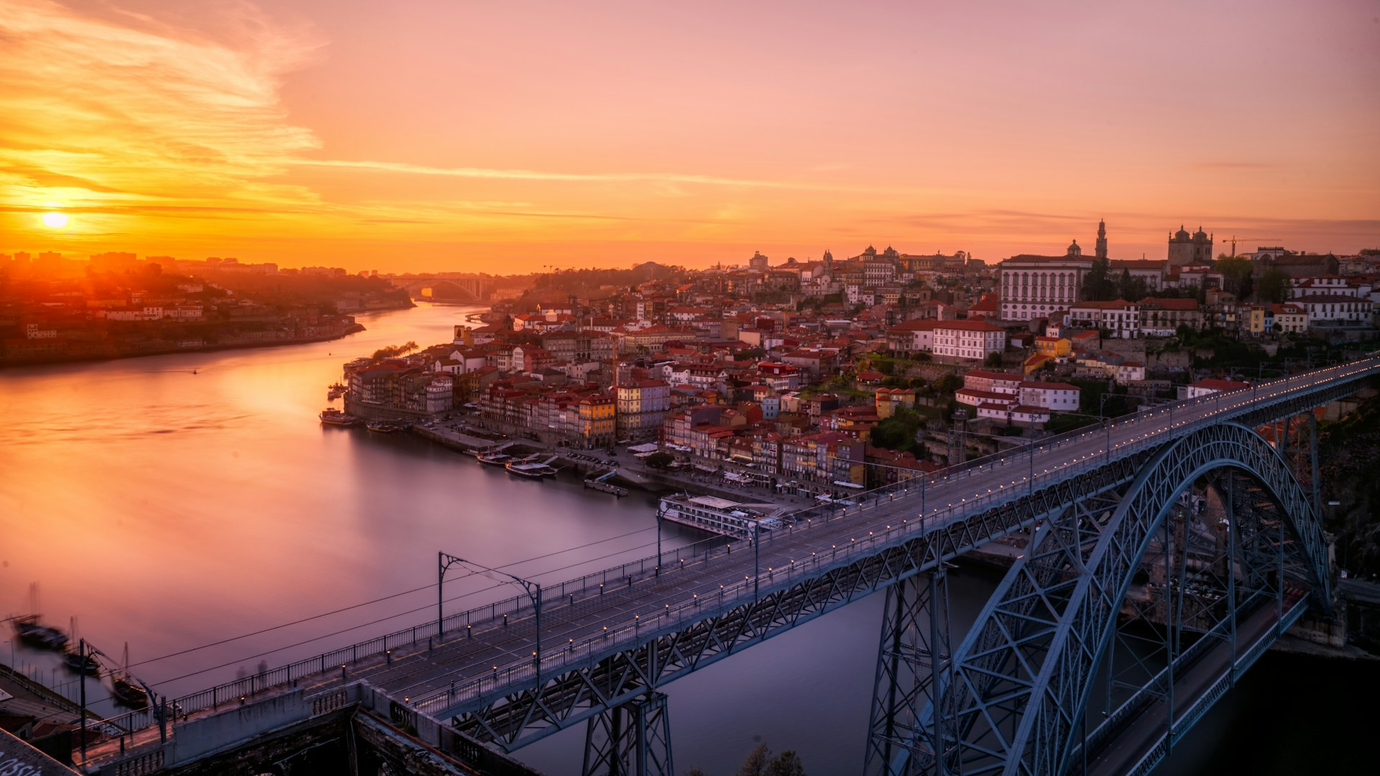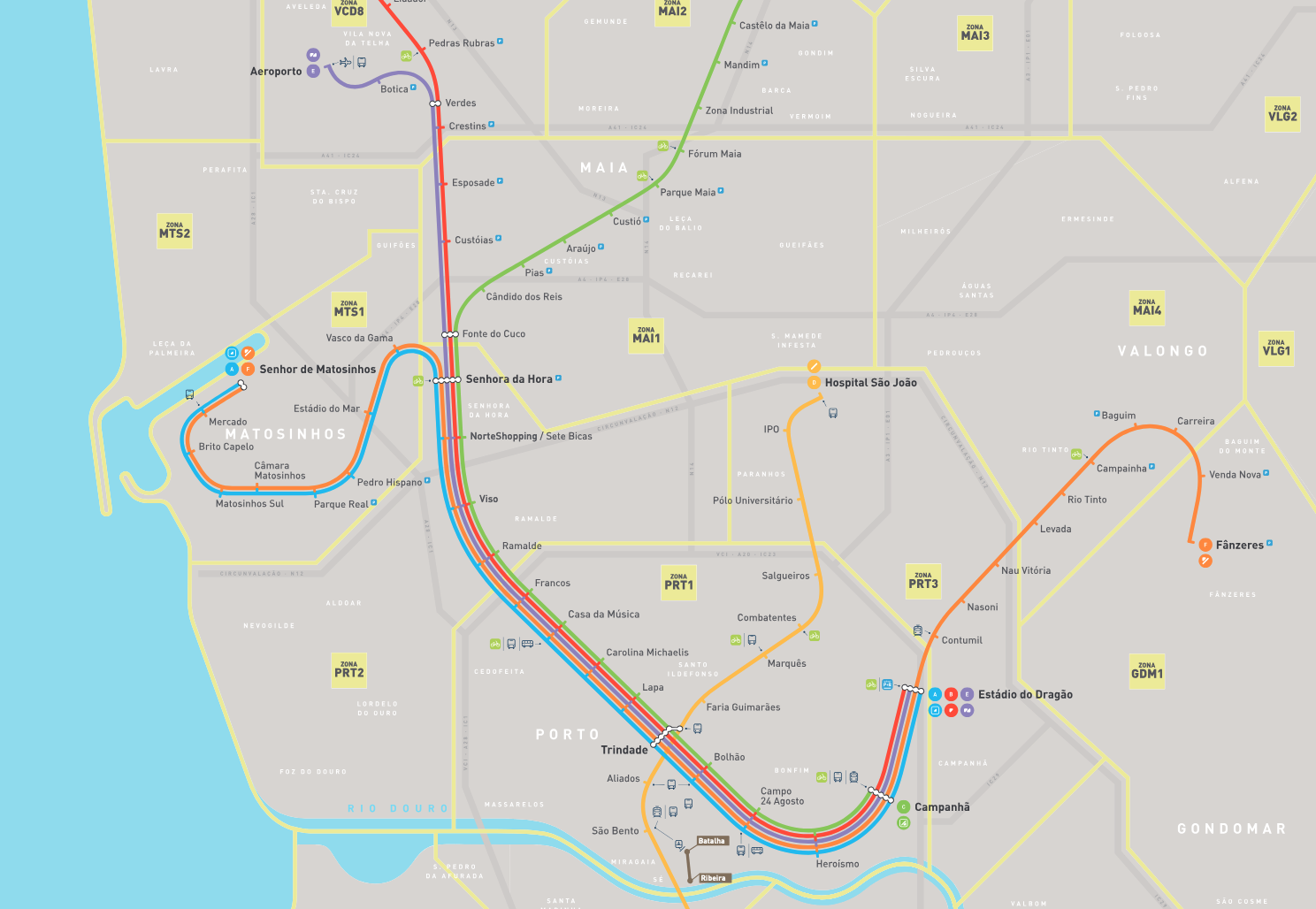The 16th International Conference on Artistic Research is hosted by i2ADS, University of Porto. Organised in collaboration with the Society of Artistic Research (SAR), it is the largest conference on practice-based research through the arts. The SAR Conference brings together leading practitioners, scholars and policymakers to showcase exemplary artistic research projects while focusing on key issues through critical debate.
The past decade witnessed the appearance of new debating spaces within artistic research. At a time when art and culture, local and global policies and events are haunted by societal challenges as vast as they are unpredictable, what can artistic researchers offer in response to these concerns? How can artistic research resonate beyond its specific contexts and disciplinary borders?
Resonance is a prompt to address the transformative nature of artistic research as a connective element that evokes a response and qualifies our experiences as meaningful.
A resonant experience is a function of vulnerability, both in terms of susceptibility to external influence and the quality of openness that facilitates a meaningful encounter with the world. What artistic research strategies can enhance openness and responsiveness to the affordances of our environment?
How artistic research methods contribute to cross-fertilization between sectors and disciplines, enabling wider adquisition of skills, awareness, and agency?
How artistic research practices embody conflicts and mediate crisis, creating spaces for divergent voices and intercultural cooperation?
Artistic research plays a fundamental role in developing counterfactual ways of thinking and exploring the path of what happens "if". How do counterfactual reasoning and research intertwine to create narratives of change?
How do artistic researchers draw on ancestral storytelling and marginal sources of knowledge, despite colonial legacies and forced dispossession, to create new cultural practices?
Please note that SAR2025 is an in-person conference and that all submissions and presentations must be in English.
Short presentation (20 minutes’ lecture + 20 minutes’ discussion).
Long presentation (40 minutes’ lecture of practice sharing + 30 minutes discussion).
A call for posters on artistic research projects addressing the Conference theme will be launched separately.
To submit a proposal, the submitter must be registered as a user of the Research Catalogue (RC) with a full account. Please make sure to register on the RC as soon as possible to ensure that your registration can be processed in time.
Registering a full RC account is free.
For more information about the RC registration process, you may consult the video tutorial.
Once you have a full account, you can log in and start working on your application by going to your profile page.
1. Go to the “Research” section.
2. Click “Create Application” and
3. Select “SAR Conference 2025, Porto” from the dropdown menu (screenshot here).
Title (max. 200 characters).
Abstract for Conference program (max. 2000 characters).
Short biographies of presenters (max. 600 characters).
Image for the Conference program.
Addition information on the presentation format (max. 1000 characters).
Spatial and/or technical requirements (max. 500 characteres).
Potential risks or ethical concerns (max. 500 characters).
Previous iterations of the research.
RC Exposition: with the application form, we will also ask you to attach an RC Exposition of your project. The attached exposition should be made specifically for this submission purpose, and should not be previously published. As a guideline, the exposition should not demand more than 15 minutes to read/navigate. We recommend to make yourself familiar to the RC requirements well in advance of the submission deadline. See the quickstart guide for creating your first RC exposition.
N.B. Please do not "submit for review" the exposition to any of the RC portals (JAR, HUB, etc.) or self-publish it. You can attach the exposition to your application using the application form itself. This form will be available by 15 August. Attaching it to the form will ensure that the reviewers will be able to view and assess the content once your application is made available to them. Tip: you can attach the exposition using the title, not the url/link.
Research
How does the planned presentation of artistic research practice demonstrate its relation to the Frascati criteria for research: Novel, Creative, Uncertain, Systematic, Transferable and/or Reproducible?
Context and Method
How adequate is the contextual framing of the presentation, including references to other artistic research endeavours and the methodological approach?
Conference Focus
How clear does the presenter formulate what is to be shared and discussed with the conference participants?
The Conference Committee will take additional criteria into consideration when it comes to the programming of the conference
Has the submitter framed the presentation in regard to the indicated or preferred conference format?
These questions are the basis of the form used to submit proposals –– in addition to the actual proposal that is supposed to be available in the form of an exposition in the Research Catalogue.
Reviewers are expected to produce a written statement which should be also available to the submitters.
A webinar/workshop on making an exposition as par of an application to a SAR Conference can be seen here.



